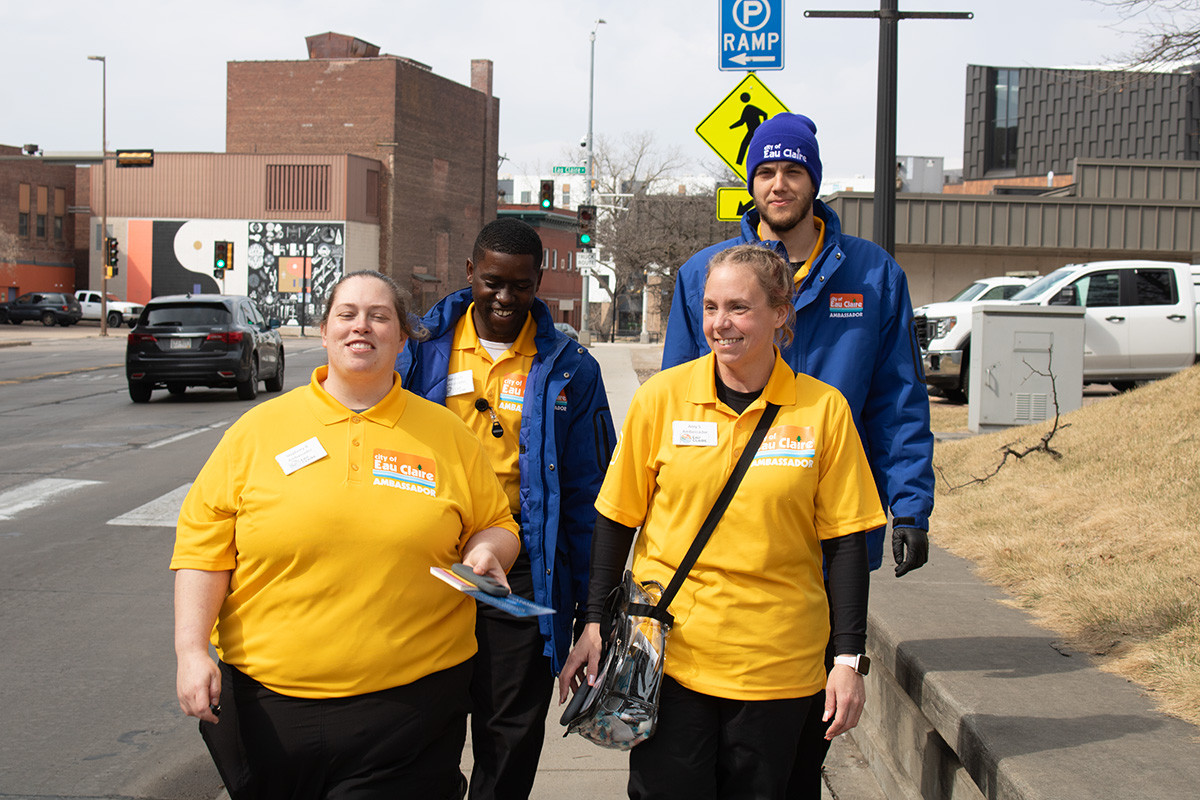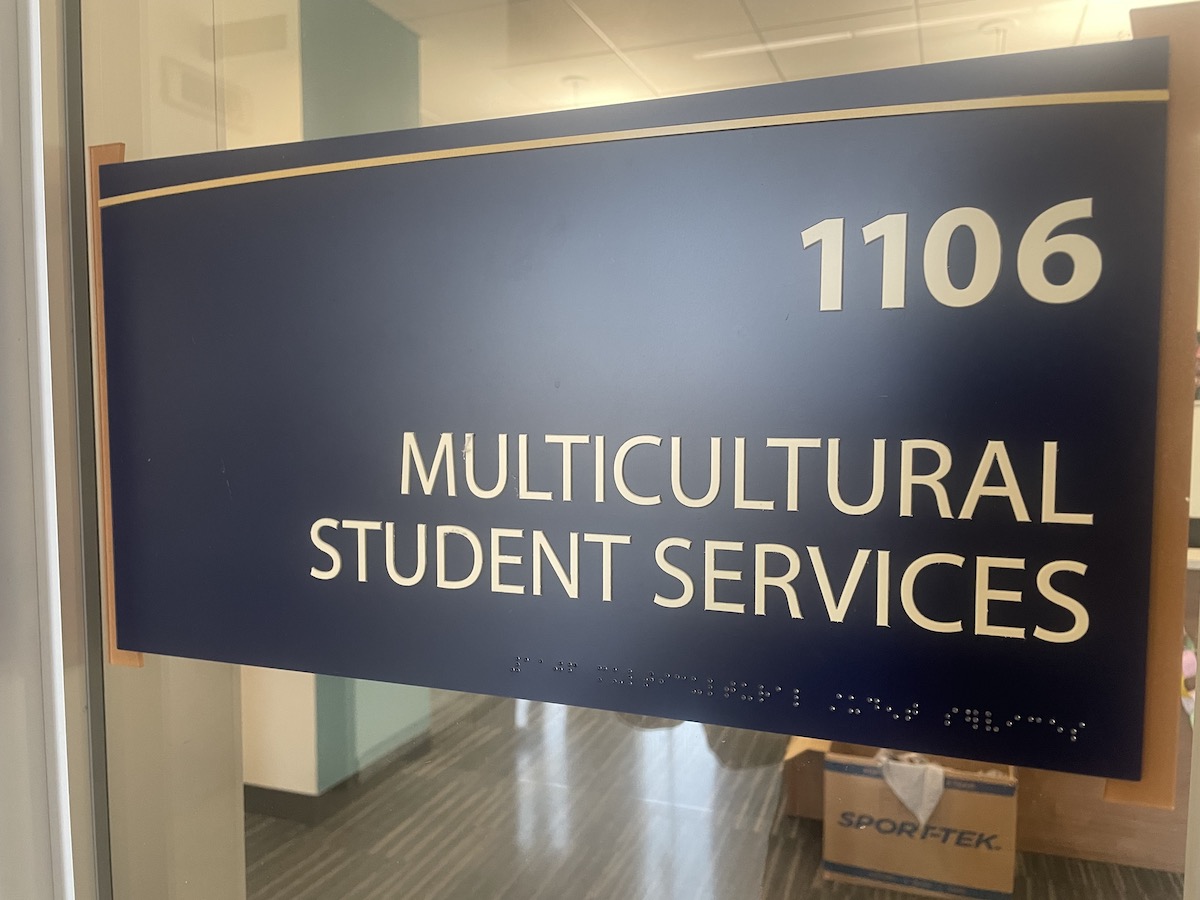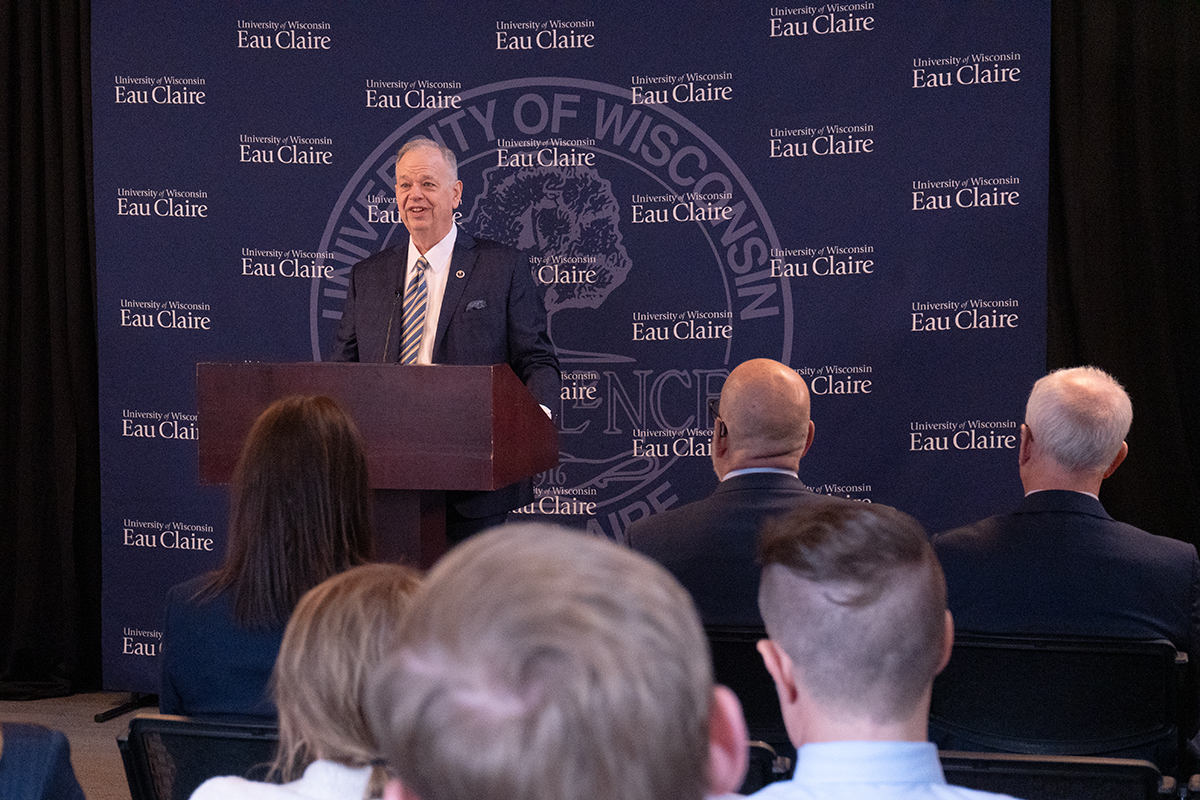Though study abroad programs provide opportunities for many students to travel to foreign countries and immerse themselves in different cultures, senior Clayton Hibbard found a different way to accomplish the same thing.
Hibbard spent last summer trekking across Kenya where he studied religious conflict. He said he received a $2,500 grant from the Office of Research and Sponsored Programs.
The grant was enough to finance his entire trip; it was enough for everything – just barely, he said.
Daniel Strouthes, associate professor of anthropology, has taught Hibbard in the past and had positive things to say about the senior.
“He’s a very good student,” Strouthes said. “He had the motivation to go to Africa, that should tell you quite a bit (about his work ethic).”
Hibbard is not Strouthes’ only student to have completed anthropological fieldwork. Strouthes said some of his past students have done research in Alaska and Guatemala, but he said Hibbard is his first student to study in Africa.
A desire to visit Africa and do anthropological fieldwork is what motivated Hibbard to travel to Kenya, he said. His desire to see Africa was also sparked when he read a book about Africa during his sophomore year.
“I picked up a book in the library and started reading it and said, ‘Hey, I’ve got to see that place in person sometime,'” he said.
Strouthes said he supported Hibbard’s desire to complete research in Africa, and said fieldwork is fundamental to the field of anthropology.
“You have to go and do fieldwork,” Strouthes said. “That’s the only way to do anthropology, really.”
While in Kenya, Hibbard said he inserted himself into the Kamba tribe, located in southern Kenya, which represents about 2 percent of the country’s population.
Hibbard’s research focused primarily on conflicts between Christianity and the traditional African religion.
“They have Christian influence pulling on one side and the traditional heritage pulling on the other side,” Hibbard said. “They have to learn how to come to grips with that.”
Hibbard also said witchcraft is an important aspect of Kamba society.
“Witchcraft is extremely pervasive down there,” he said. “It has a lot of bearing on what people do.”
Hibbard also said despite the conflicts between Christianity and the traditional heritage, people are dealing well with the conflict.
“I think they’re dealing with it better as time goes by,” he said. “There really is no religious-motivated violence over there.”
Hibbard said he wanted to experience anthropological fieldwork to determine whether he wanted to pursue it as a career.
Ultimately, Hibbard said his experience in Africa led him to pursue other goals.
“It just got to be too dull,” he said, adding he spent most of his time sitting in a rural village interviewing people and watching people go about their daily lives.
“It was fun, but not quite my cup of tea,” Hibbard said.
But he said his experience wasn’t all bad, and he gave advice for other people considering traveling to other countries to do fieldwork.
“The people were friendly, the food was memorable,” he said of his experience. “I got to go on a safari – that was a trip of a lifetime.
“If (people) like something totally out of the ordinary, they can try something like that,” he said, but added people need to be well prepared for their experiences.
“You have to be mentally tough,” he said. “Just be prepared for anything.”






